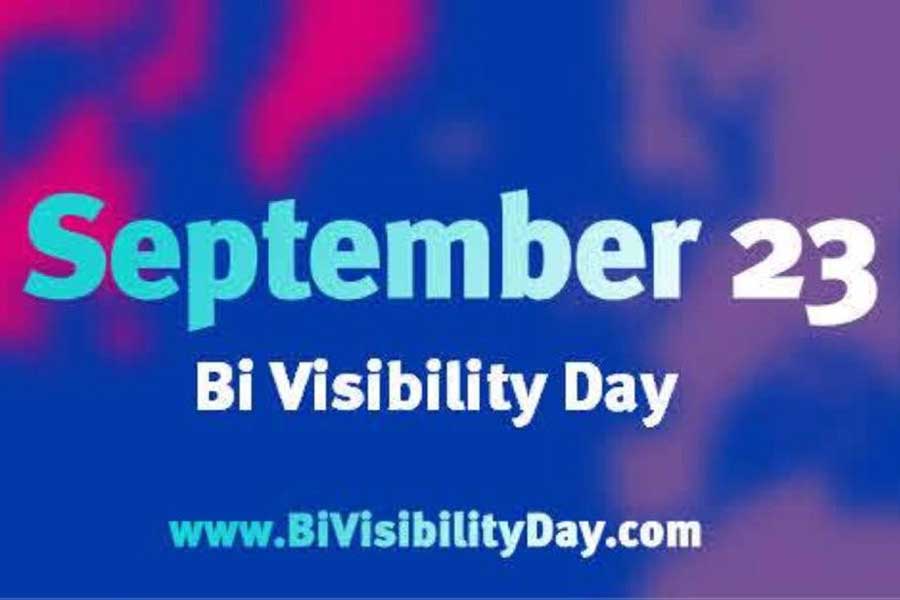I have had to fight for my identity, first within myself and then with my family, friends and church, where I grew up in the religion of Christian fundamentalism. This fight for acceptance has caused a lot of heartache in my life. My current struggle for acceptance, however, has been within our community.
Constantly fighting for acknowledgment as a “real queer” from partners, friends and even colleagues has been exhausting and painful. After a decade of shame, and then another decade of painful loss with my family and religion, I still haven’t been able to find refuge in our community. It is devastating that my “chosen family” sometimes forgets to choose me.
For a long time, I identified as a lesbian simply because it was easier than having to justify my queerness. After years of Pride, protesting in the streets and now working at an LGBT agency, I still often feel like people don’t think I’m queer enough. This has been told to me time and again, through words and deed, and I am no longer willing to tolerate it. Even in writing this article, I felt the need to include personal details to justify my existence. I wish I were alone in this experience, but, as it turns out, this is one of the more common stories we bisexuals tell, often to closed ears.
With higher rates of suicide, being less likely to come out personally or professionally and more likely to experience domestic violence than our gay and lesbian counterparts (according to the National LGBT Health Education Center), we need help. Our community is suffering in silence under the burden of minority stress and, in order for us to heal, our pain has to be acknowledged. I am not a phase. My identity is not tied to the person I am with. I am not a “fake gay.” I am not an ally.
My ability to love folks of genders different to mine doesn’t negate my love for those who share my gender. My love is vast and deep and broader than can be defined by some label I did not choose for myself.
If you relate to this, or if you see a place in our community where people like us can feel safe and loved, check out biresource.org for ways to get involved.
Abra Morgan is a therapist at Mazzoni Center and an aspiring activist for the Bi+ community.
